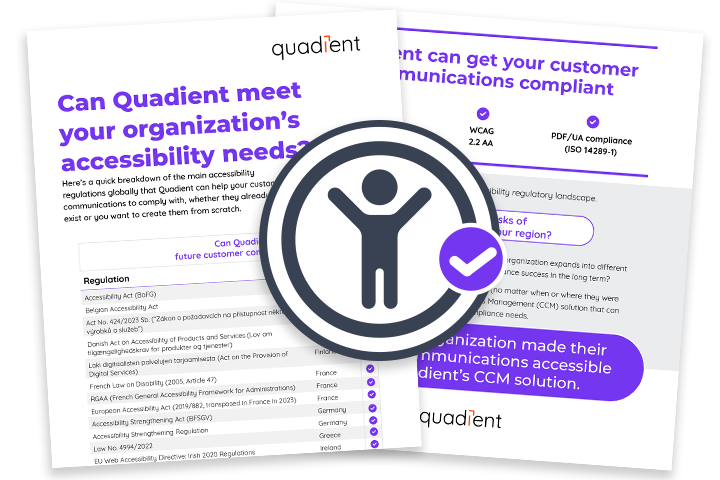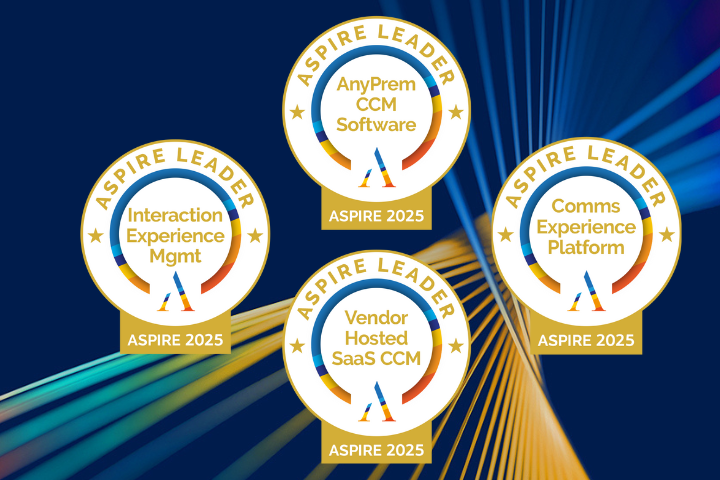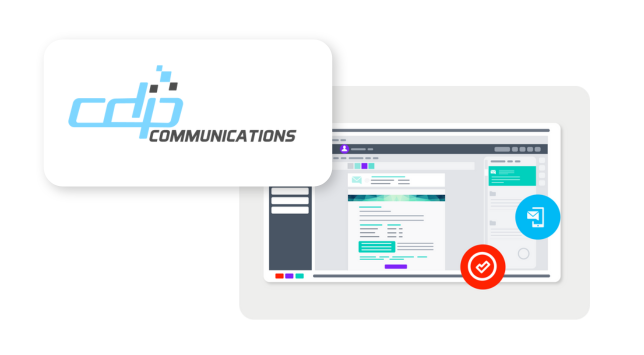
Going under the hood of the financial world's AI revolution.
You can't go anywhere without encountering artificial intelligence (AI) these days. It's become the most popular bogeyman of our age, been hailed as a potential savior, and found its way into countless applications in our homes, phones, cars, and workplaces.
But we're not here to talk about that. We're here to talk about AI in accounting — what it means for the finance department, what it means for you, and whether it's a good thing or a bad thing.
What even is artificial intelligence?
Before we start talking about AI in accounting, we need to cover a few basics. It's important to understand that there are three 'strengths' of artificial intelligence:
- Narrow AI describes an AI application designed to execute a single function. A narrow AI tool might be much better than a human being at performing its programmed function, but that's the only thing it can do. It's the kind of AI you find in smart home assistants, in chatbots, and in facial recognition software, and it's this variety we'll be talking about today.
- General AI is an artificial intelligence that has developed human-like abilities to 'think', solve problems, and apply itself to all kinds of tasks and applications. You might have heard this stage of AI development referred to as 'the singularity'. It's worth stressing that we've not yet developed a true general AI, and some experts believe we never will. Others, however, expect us to develop an AI singularity as early as the next decade.
- Super AI. This term describes artificial intelligence with almost-godlike cognitive abilities. We're talking machines with IQ measured in the thousands or even tens of thousands. Most experts believe AI will transition from 'general' to 'super' very quickly, as once a machine achieves human-level cognition it can continuously improve itself in a way human beings simply can't. One of the things that makes speculating about artificial intelligence so interesting — and so difficult — is that the range of potential outcomes varies so dramatically.
In the past few months, a new term has entered the AI conversation: generative AI. This term describes AI systems capable of 'generating' content, like text, video, or images. If you've experimented with ChatGPT or MidJourney, you've used generative AI. More on this later.
So, now we know what AI is, we can explore what it means for accounting and finance. But first, let's address a question that's on the lips of many finance professionals:
Is AI going to steal my accounting job?
If you're looking for a definitive answer, the bad news is you won't find it here. The best we can say is “probably not”. We're already seeing how narrow AI is best applied to augment human expertise, rather than replace it — those most likely to lose their jobs are those unable to embrace these new tools, adapt, and work alongside them.
It's worth noting some lessons from the past when imagining an AI-enhanced future. As the CMA Exam Academy points out, there were similar concerns in the early days of accounting software:
“Intuit, launched in 1983, and Microsoft Excel, launched in 1985, did not in fact represent the demise of human bookkeepers as many feared. Instead, the field grew 75% over the course of a decade.”
- CMA Exam Academy
With those — hopefully reassuring — words fresh in our minds, let's look at some of the current applications of AI in accounting.
Applications of AI in accounting
The current strengths of artificial intelligence can broadly be lumped into two categories: analyzing very large data sets and automating formerly manual processes. Most of the current applications of AI in accounting focus on these two areas.
Data analytics: AI is great at looking at large volumes of data and discerning patterns, trends, and anomalies. This makes it an enormously powerful analytics tool for accountants, enabling them to become more strategic and proactive. Accountants can use AI-powered data analytics to forecast market trends, understand and predict customer behaviors, and anticipate business performance.
Fraud detection: Here's one thing about machines: they're immune to human error. An AI program can tirelessly trawl through enormous data sets on the lookout for anomalies — it won't rest, it won't tire, and it will never make a mistake. Machine learning models (a subset of AI) can be trained using past occurrences of fraud, helping them detect fraudulent activities and protect businesses from potential vulnerabilities.
Invoice automation: Invoice automation is huge for accounts payable (AP) teams. By using AI, invoice automation software can extract invoice header data with up to 99% accuracy, automating invoice coding to accelerate the process by up to 9x. By using AI to automate AP, teams can reduce manual data entry by up to 83%.
Expense management: AI-powered expense management software effectively policies your company expense policies and ensures compliance by automating receipt processing, flagging duplicates, and maintaining adherence to set limits.
Payment status: AI tools can track the status of payments automatically, helping to avoid late and duplicate payments, improve vendor relationships, and minimize manual workload.
Generating financial reports: Moving forward, generative AI will be used to create custom financial reports — crunching the data to produce highly-accurate financial documentation with minimal manual effort.
Conclusion
The plethora of AI applications we've just discussed are changing what it means to be an accountant. They're unlikely to take your job, but they are likely to transform your workload — removing time-consuming, low-value manual tasks and freeing up space in your day for more strategic activities. It's possible — probable — that artificial intelligence will make the role of the accountant less frustrating and more rewarding in the near future.
We're going to be exploring more about artificial intelligence in accounting over the next few weeks, so keep an eye on our blog for new content and updates.








